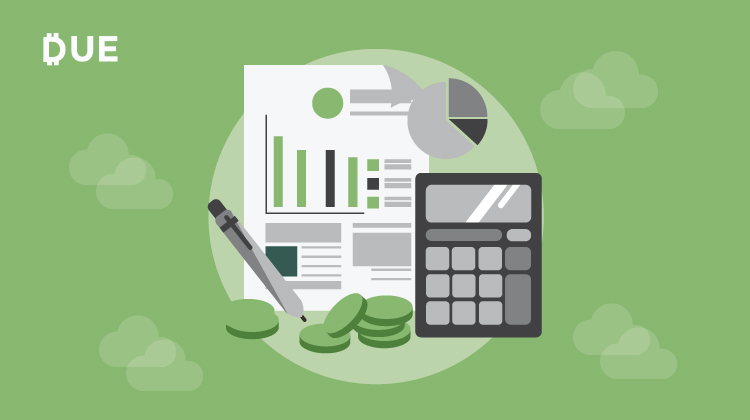Everyone likes to get paid. However, the majority of small business owners aren’t to keen on the actual invoicing process. So what does it really take to manage small business invoices? Why do so many have trouble with it?
There’s no single answer as to why the invoicing process can be stressful. Whether it’s a deadbeat client or you just don’t like dealing with numbers it’s pretty easy to get turned off by it. With so many departments to be in charge of it’s difficult for small business owners to effectively manage small business invoices.
Table of Contents
ToggleThat said, here’s a simple strategy you can use to manage small business invoices.
Use a Digital Payment System
First and foremost if you’re still sending invoices in the mail you’re not doing yourself any favors. The best thing you can do is equip yourself with an online payments solution that offers online invoicing and bill collection.
These platforms will save you tons of time and money when you invoice your clients. In addition all of your books are kept securely on a single platform which means no more filing cabinets!
Set the Payment Schedule
Depending on the kinds of projects you work on with clients you’ll want to set a clear payment schedule from the get go. That means you need to decide how much you get paid and when. If your projects are on the smaller side you’ll typically send one invoice once the services have been rendered. However there are two other invoice schedules you can use:
1. Recurring Invoices
If you work with the same client over a longer period of time you can use a recurring invoice that will automatically bill on a desired payment schedule. If possible, recurring invoices are the best strategy to use as they essentially guarantee cash flow.
2. Deposits or Upfront Invoices
If you work on larger projects with multiple clients (and recurring invoices don’t make sense) it’s a good idea to request a deposit. This lets you collect some payment upfront so you can get started on the project.
Avoid Common Delays
As obvious as they may be, these mistakes are some of the most commonly made by small business owners today. Here are two that you can easily avoid to get that cash in your bank account quicker.
1. Communicate With The Right Person
If you’re being contracted by a single person this doesn’t apply to you. However most of the time you perform work for a larger entity. The person who you work with day to day on the project may not be the one who is authorized to complete payment. That said, sending the invoice to that person will only delay payment further.
Before you even start engagement with the client make sure you have the contact information for the individual authorized to complete payment. Then, make sure all invoice related communication is made directly with that individual.
2. Make Sure Your Terms Are Crystal Clear
When writing up your work agreement with your client you need to make sure your payment terms are crystal clear. Things like payment options, budget, payment intervals, and most importantly due dates should all be listed on the agreement.
In addition you need to make sure both you and your client have a copy of this agreement so there’s no room for confusion.
Final Thoughts
The invoicing process doesn’t need to be very complicated. Yes there will always be a few clients who give you more trouble than the rest but most of the time you should be able to develop your method. That said you should use the simple strategy above so you can effectively manage your small business invoices.














